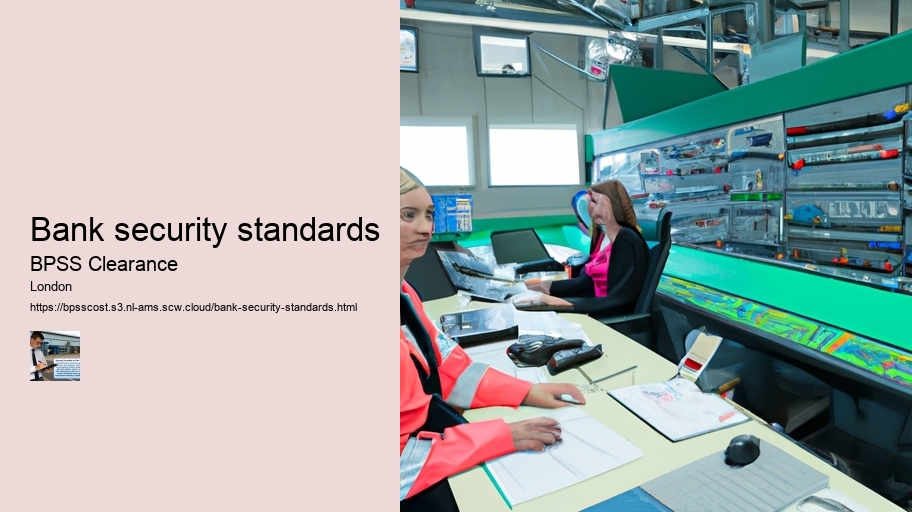
bank security standards
>What is the highest security check in the UK?
A crucial part of the BPSS clearance is the criminal record check, which helps identify any unspent convictions the applicant may have. This information is critical in assessing whether an individual might pose a risk to national security or the safety of the public. By ensuring that employees do not have harmful criminal backgrounds, organizations can maintain a safe and secure working environment.
What Is in a BPSS Check? When you undergo a BPSS check, various screenings are conducted to confirm your trustworthiness and eligibility for accessing sensitive information. These checks typically include Basic DBS Check, ID Check, Right to Work check, and 3-Year Employment History Check.
For compliance, it is vital that employers keep records of the documents checked as part of the right to work process. These records must be stored securely and retained for the duration of the employee's employment and for two years afterwards, as stipulated by the Home Office. This documentation can be critical in proving that the employer has diligently followed legal requirements should their compliance ever be questioned.


